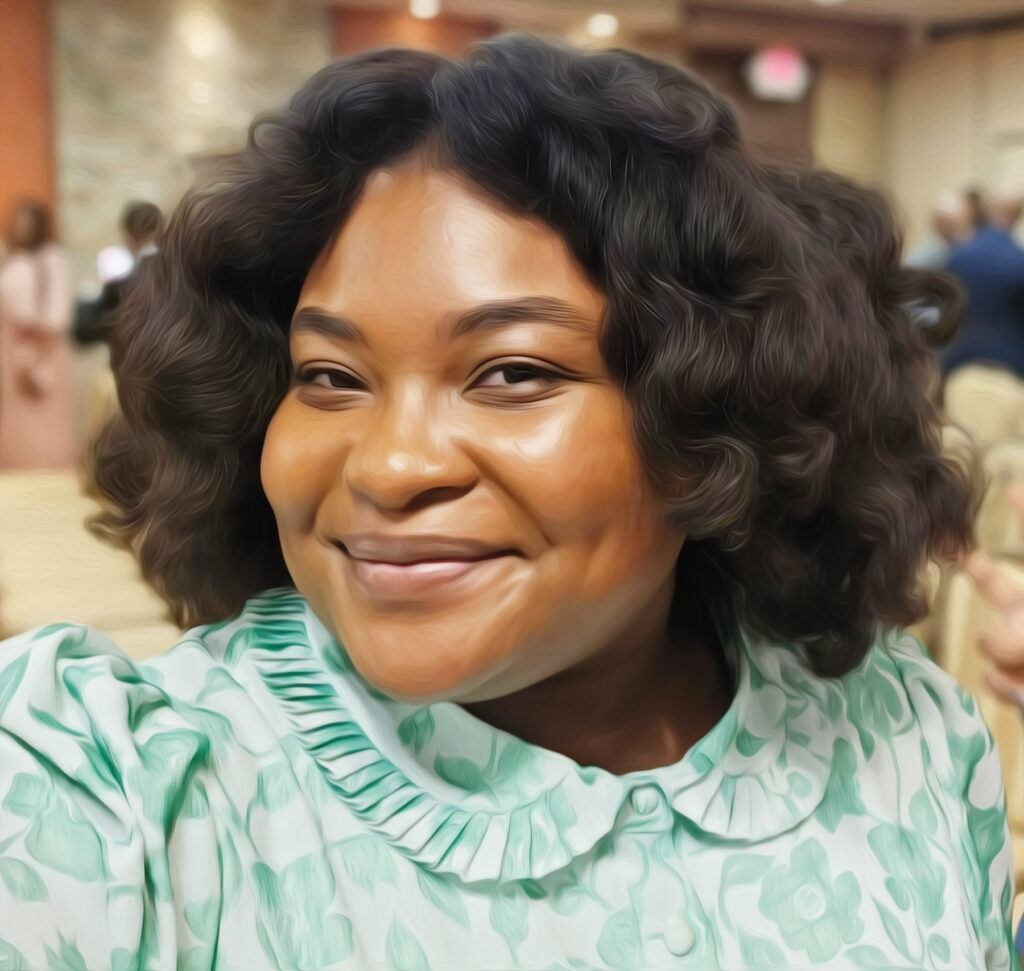Remonde Sejour
 “Occupational therapists help people participate in activities and occupations in a way that is both functional and safe. OT is a rehabilitative therapy that helps people of all ages who have sensory, physical or cognitive conditions that are not allowing them to participate in the activities of daily living.”
“Occupational therapists help people participate in activities and occupations in a way that is both functional and safe. OT is a rehabilitative therapy that helps people of all ages who have sensory, physical or cognitive conditions that are not allowing them to participate in the activities of daily living.”
Within three different laboratories, OT students can participate in different scenarios to learn techniques, interventions and therapies to support patients.
“FDU’s program emphasizes the OT spirit of figuring out a way to make things better and more functional for all people,” says student Remonde Sejour, BS’20 (Metro).
In the “activity of daily living” suite, designed to resemble a home, students mimic tasks, simulating cooking, bathing and household chores. This allows them to visualize daily functions and determine appropriate interventions depending on a patient’s condition or diagnosis.
“OTs consider almost every aspect of an individual’s life during treatment, not just the condition that’s currently presenting,” she says. “We’re professional problem-solvers, helping patients work their way back to independence.”
In the therapy room, students consider pediatric patient needs — using a playset, a climbing wall, monkey bars and a swing — or study mobility aids like wheelchairs, canes and walkers for older populations.
In the splint lab, students create orthotics to support or immobilize a bone or joint after a fracture, injury or surgery. OTs need to see how splints can help or hinder a patient in recovery.
“My parents, who emigrated from Haiti, said an education helps us better both ourselves and the people around us. I see everything, good or bad, as a learning opportunity — in every class and every fieldwork experience, I build on my skills and learn new ones that will help me better serve my patients one day.”